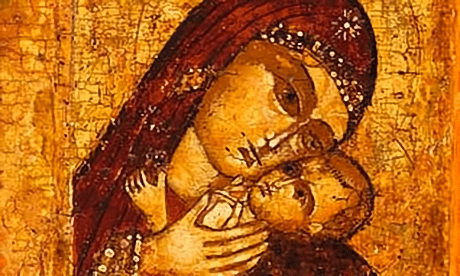In Jewish religious practice, Yahweh could not be visibly represented in any form (see Deuteronomy 4:15-19). Hence Jews were prohibited from making images, which were characteristic of polytheistic worship.
The nature of Yahweh was represented not by pictorial representation, but by the human race. Humans alone could be called the image of Yahweh because in their nature and being they reflected their Creator.
The locus classicus of the concept of the imago Dei is Genesis 1:26-7:
“Then God said, ‘Let us make humankind in our image, according to our likeness; and let them have dominion over the fish of the sea, and over the birds of the air, and over the cattle, and over all the wild animals of the earth, and over every creeping thing that creeps upon the earth’. So God created humankind in his image, in the image of God he created them; male and female he created them.”
The belief that the image of God in humans had implications for the protection of human life in Judaism is suggested in Genesis 9:6, where Yahweh tells Noah, “Whoever sheds the blood of a human, by a human shall that person’s blood be shed; for in his own image God made humankind.”
According to the Hebrew concept of the person, humans were viewed as a unity rather than in dualistic terms.
There were two elements in a person’s nature: the “soul” (nephesh) and the “flesh” (basar). The soul was not made to exist apart from the flesh. To destroy the human body was to destroy the human personality, and as such it was an affront to the dignity of Yahweh, whose image (and therefore worth) humans bear. Hence, in Hebrew thought human life possessed intrinsic value by virtue of its divine endowment, in contrast to classical Graeco-Roman thought.
The concept of the imago Dei provided the basis for human value that was to become central to Jewish concepts of personhood. As a result features that were common to ancient society (child-sacrifice, exposure of infants, infanticide and emasculation) were not common in Israel. Continue reading
